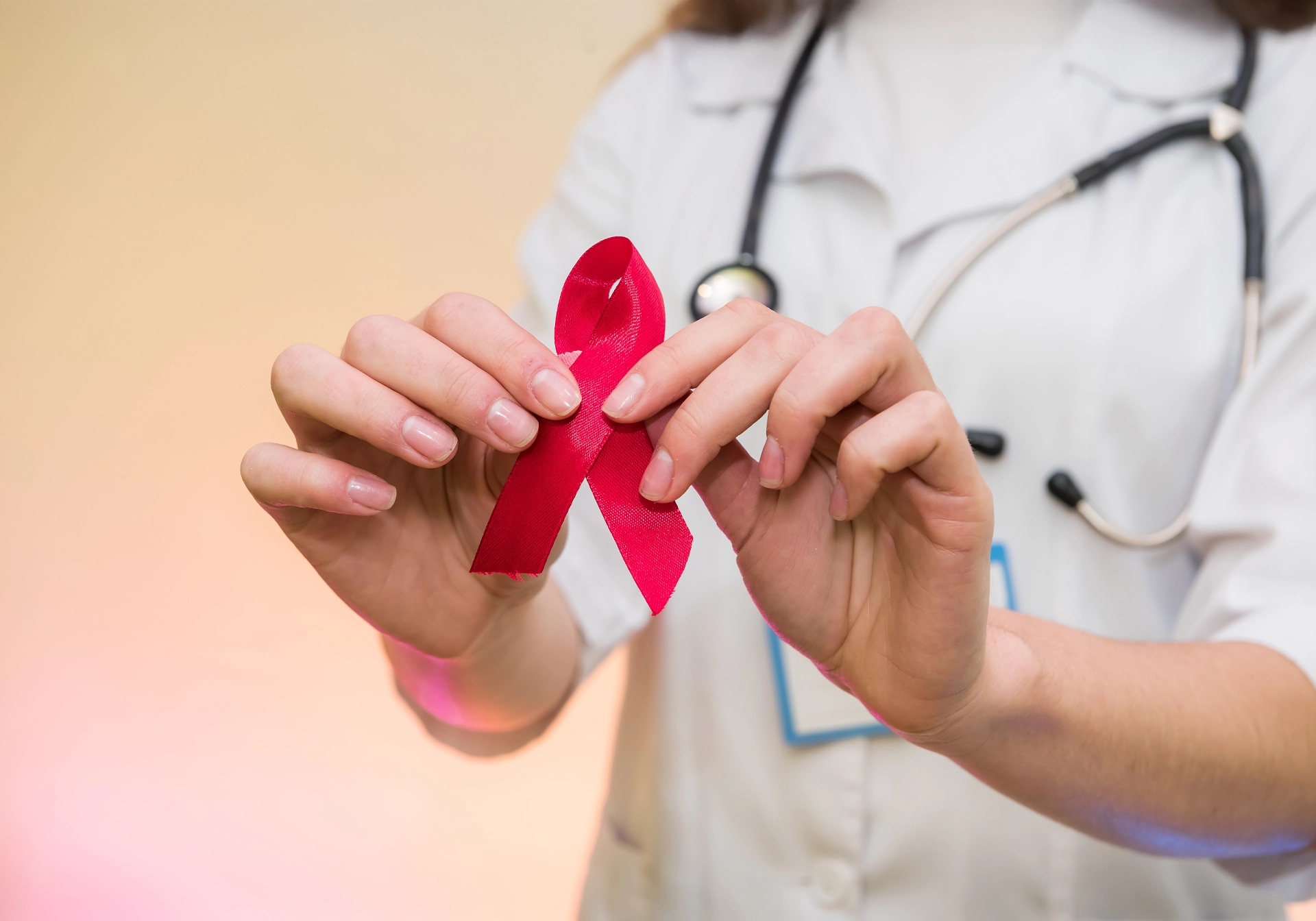
- Blog
- August 8,2025
- 0 Comments
ED is consistent or recurrent inability to acquire or sustain an erection of sufficient rigidity and duration for sexual intercourse.
It is not uncommon.
According to the Massachusetts Male Aging Study (MMAS) –
- ED is present in 39% males at 40 years.
- ED is present in 67% males at 70 years.
The prevalence of moderate to complete ED –
- ED – 22% at age 40
- ED – 49% by age 70.
Causes –
- Psychological issues –
- Anxiety
- Depression.
- Marital discord.
- Organic-
- Vascular issues-
- Vascular problem in penis.
- Vascular disease like coronary artery disease,cerebral vascular disease, peripheral vascular disease and hypertension.Neurologic disorders:
- Neurologic disorders:
stroke, brain and spinal tumors, cerebral infection, Alzheimer’s disease etc - Endocrinopathy –
3-6% of all organic erectile dysfunction are due to hormonal issues like hypogonadism, hypothyroidism,hyperthyroidism, hyperprolactinemia, diabetes mellitus, adrenal disorders, chronic liver disease, chronic renal failure.
The prevalence of ED in diabetics – 35 and 75%. - Local penile factors-
- Pelvic trauma.
- Urologic surgery
- Prostate surgery.
- perineal urethroplasty.
- Vascular issues-
C)Medication-induced ED –
25% of patients of ED are as a result of medication.
- Anti hypertensive meds – They induce impotence either by action on the brain (clonidine), by direct actions on the penis blood flow (calcium channel blockers) or by purely dropping systemic blood prerssure.
- Several medications cause impotence based on their anti-androgen actions, for example estrogens, H2 antagonists and spironolactone.
- The psychotropic medications alter CNS mechanism to cause ED.
D)Renal Failure:
Up to 40% of men suffering from chronic renal failure have some form of erectile dysfunction. The mechanism is multifactorial, involving endocrinological, neuropathic and vascular factors.
Sexual history-ED can be evaluated using IIEF-5 .
IIE5 – this instrument classifies ED severity into five categories:
- severe (5 to 7)
- moderate (8 to 11)
- mild to moderate (12 to 16)
- mild (17 to 21)
- no ED (22 to 25)
The doctor by evaluation of history and by physical examination supported by some lab investigation can pinpoint the cause of ED and guide the patient for appropriate treatment.
Some lab tests for evaluation of ED – fasting glucose or HbA1C
- complete blood count
- metabolic profile (liver and kidney function.)
- thyroid-stimulating hormone (TSH)
- lipid profile.
- serum total testosterone. serum prolactin.
Additional Diagnostic tests –
- Nocturnal penile tumescence testing(NPT test)
- Penile Duplex Doppler imaging
Treatment
- Identify etiology –
Organic or psychological and treat the cause. - Men with psychogenic ED – referred to a sexual therapy counselor or a psychologist.
- Identifying and treating cardiovascular risk factors, such as smoking, obesity, hypertension, and dyslipidemia. helps in recovery from ED.
High-risk patients should have a cardiology evaluation for Stratification of cardiovascular risk prior to initiating ED therapy. - Use of PDE5 inhibitors For men with ED, we recommend phosphodiesterase-5 (PDE5) inhibitors as initial therapy because of their efficacy and ease of use.An evaluation & treatment for the underlying cause of the sexual dysfunction should be done prior to initiating therapy with PDE5 inhibitors. Commonly used drugs are Sildenafil,Vardenal,Tadalafil and Avanafil.
An important factor in the success of PDE5 inhibitor therapy is instruction and counseling on proper use. - Other treatment options
- Vacuum device.
- Surgical implantation of Penile prosthesis.
- Testosterone therapy.
Corrective/Preventive measures for male sexual dysfunction-
- Lifestyle measures-
- No alcohol
- No smoking
- No recreational drugs
- Mantain healthy weight
- Healthy diet
- Proper sleep
- Exercise ( including Kegel’s exercise)
- Avoid stress/ anxiety
- Psychological – communicate with partner to sort out relationship issues.
- Medical issues – treat and control any medical issues ( cardiovascular, diabetes, blood pressure, kidney and liver failure, neurological or hormonal issues)
- Medicine related -Some medicines used for blood pressure, depression and prostate treatment can cause or aggravate sexual dysfunction. Consult your doctors for stopping and starting alternatives medicine.
- Diet – diet to maintain BMI, sugars, lipid in normal range ( Mediterranean diet),antioxidants, zinc, omega 3 fatty acid.
Also some foods like spinach, beet root, pistachios,avocados also beneficial. - Ayurvedic medicines like Ashwagandha,white musli and gokhru are also known to be helpful.
*The opinion expressed in the Blog is of Dr Vijay D’Silva
The information provided in the blog is for educational purpose only and does not substitute for professional medical advice, diagnosis or treatment.
Do not ‘self-diagnose/ treat’.
Consult a qualified medical professional for opinion and treatment.





